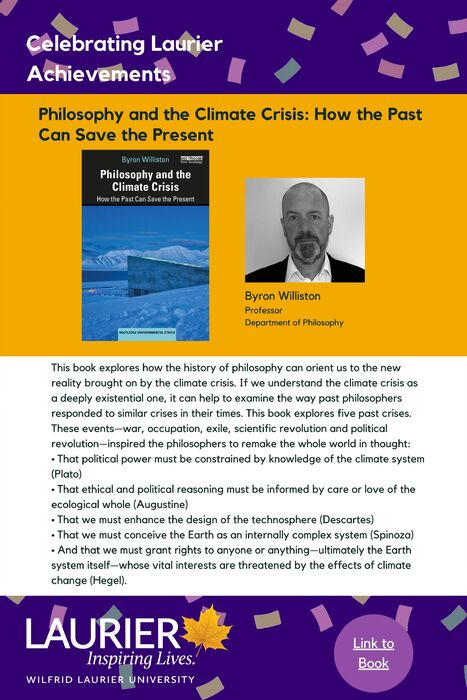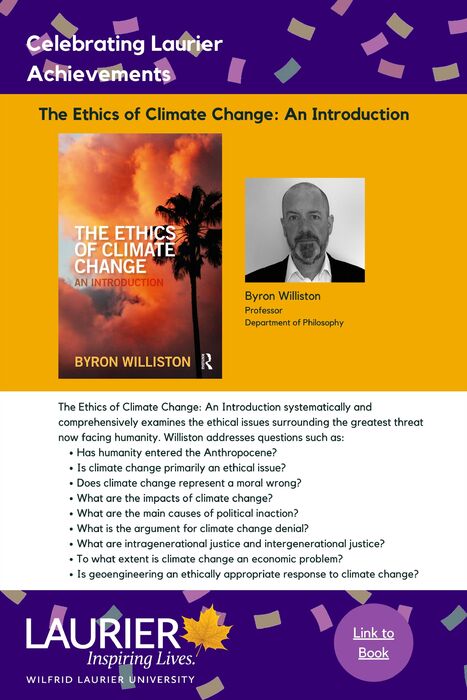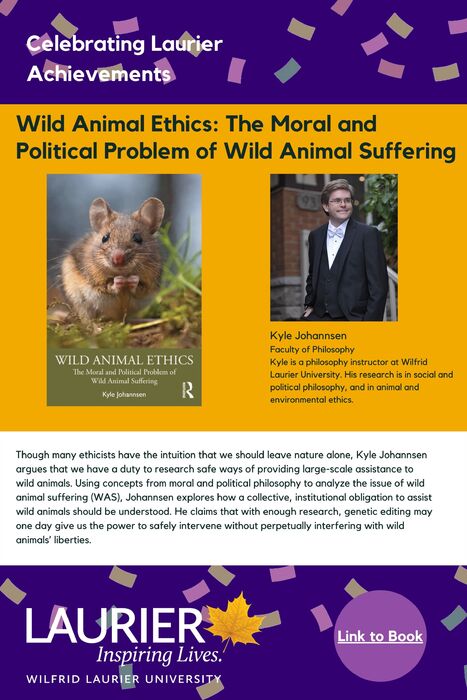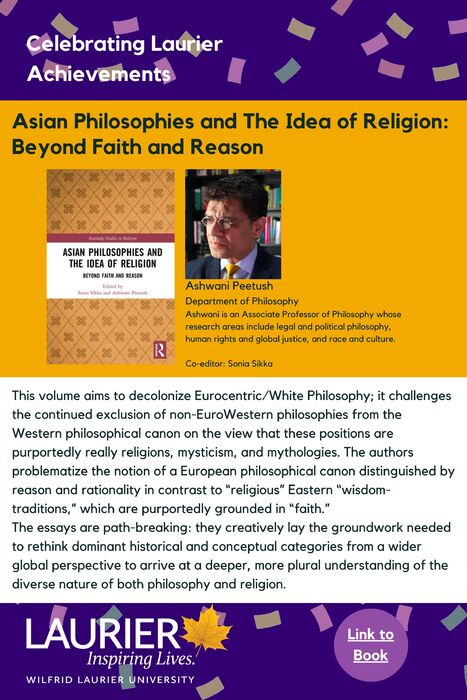-

Philosophy and the Climate Crisis: How the Past Can Save the Present
This book explores how the history of philosophy can orient us to the new reality brought on by the climate crisis. If we understand the climate crisis as a deeply existential one, it can help to examine the way past philosophers responded to similar crises in their times. This book explores five past crises. These events—war, occupation, exile, scientific revolution and political revolution—inspired the philosophers to remake the whole world in thought:
• That political power must be constrained by knowledge of the climate system (Plato)
• That ethical and political reasoning must be informed by care or love of the ecological whole (Augustine)
• That we must enhance the design of the technosphere (Descartes)
• That we must conceive the Earth as an internally complex system (Spinoza)
• And that we must grant rights to anyone or anything—ultimately the Earth system itself—whose vital interests are threatened by the effects of climate change (Hegel).
-

The Ethics of Climate Change: An Introduction
The Ethics of Climate Change: An Introduction systematically and comprehensively examines the ethical issues surrounding the greatest threat now facing humanity. Williston addresses questions such as:
Has humanity entered the Anthropocene?
Is climate change primarily an ethical issue?
Does climate change represent a moral wrong?
What are the impacts of climate change?
What are the main causes of political inaction?
What is the argument for climate change denial?
What are intragenerational justice and intergenerational justice?
To what extent is climate change an economic problem?
Is geoengineering an ethically appropriate response to climate change?
-

Wild Animal Ethics: The Moral and Political Problem of Wild Animal Suffering
Though many ethicists have the intuition that we should leave nature alone, Kyle Johannsen argues that we have a duty to research safe ways of providing large-scale assistance to wild animals. Using concepts from moral and political philosophy to analyze the issue of wild animal suffering (WAS), Johannsen explores how a collective, institutional obligation to assist wild animals should be understood. He claims that with enough research, genetic editing may one day give us the power to safely intervene without perpetually interfering with wild animals’ liberties.
-

Asian Philosophies and The Idea of Religion: Beyond Faith and Reason
With a focus on Asian traditions, this book examines a variety of thoughts and self-transformative practices that do not fit neatly on one side or another of the standard Western division between philosophy and religion.



